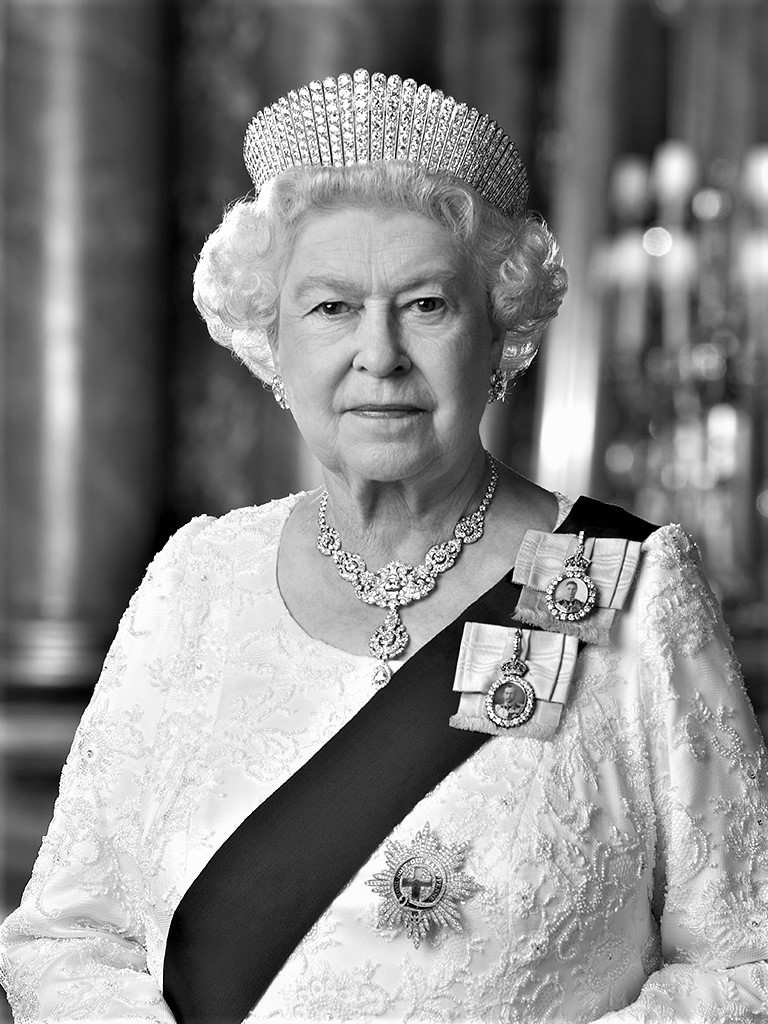A recent Lancet paper looking at outcomes of half a million mothers all booked for home birth found the following outcomes:
40% less needed a Caesarean section
50% were less likely to have an instrumental birth
55% were less likely to have an episiotomy
40% were less likely to have a 3rd/4th degree tear
75% were less likely to have an infection
These results were regardless of where the birth actually happened. So even if the mother required transfer to hospital, they were still more likely to have improved outcomes.
The Birthplace Study 2011 found that for women having a second or subsequent baby, home births appeared to be safe for the baby and offered benefits for the mother.
For women having a first baby, a planned home birth increases the risk of a poor outcome for the baby by a very small amount, compared with giving birth in hospital. This includes a slightly higher risk that the baby will be injured, become seriously unwell or die during or just after birth. These outcomes are very rare among healthy women with uncomplicated pregnancies, and they can happen in any birth setting.
The Birthplace Study showed that the transfer rate into hospital was 45% for first-time mothers and 10% for women in subsequent pregnancies.
The advantages of giving birth at home include:
- being in familiar surroundings where you may feel more relaxed and able to cope
- less chance of interventions during the labour process
- you don’t have to interrupt your labour to go into hospital
- you will not need to leave your other children, if you have any
- you will not have to be separated from your partner after the birth.
There are some things you should think about if you’re considering a home birth:
- you may need to transfer to a hospital if there are complications This means that, in an emergency situation, it will take longer to get specialist treatment for you and you baby which may be associated with a poorer outcome.
- epidurals are not available at home
- your doctor or midwife may recommend that you give birth in hospital; for example if you are expecting twins, or if your baby is breech – your midwife or doctor will explain why they think a hospital birth is safer for you and your baby.


